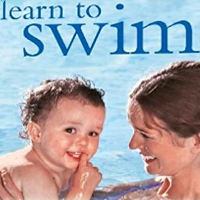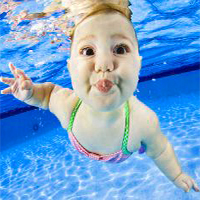
Hélène van den Broek
I am Hélène and this is my dog Chacho. I left Holland, to start a new life on La Palma.
I love to be outdoor and coach 50+ active people especially woman. The coaching will be 1:1 and based on the activity they personally like.
For example stargazing on the Mountain, cycling, walking, visit special places, making music with locals etc.












 Forget the floats. If you bought them to make them feel safer in the water, the experts do not recommend them. Not only can it give them a false sense of security, but they will also adopt an incorrect way of staying afloat, as it makes them take a vertical position in the water when they need to be able to stand horizontally. If you are already used to swimming with them, it will be difficult to take them off. If you want your child to learn to swim more easily, try these water games:
Forget the floats. If you bought them to make them feel safer in the water, the experts do not recommend them. Not only can it give them a false sense of security, but they will also adopt an incorrect way of staying afloat, as it makes them take a vertical position in the water when they need to be able to stand horizontally. If you are already used to swimming with them, it will be difficult to take them off. If you want your child to learn to swim more easily, try these water games: